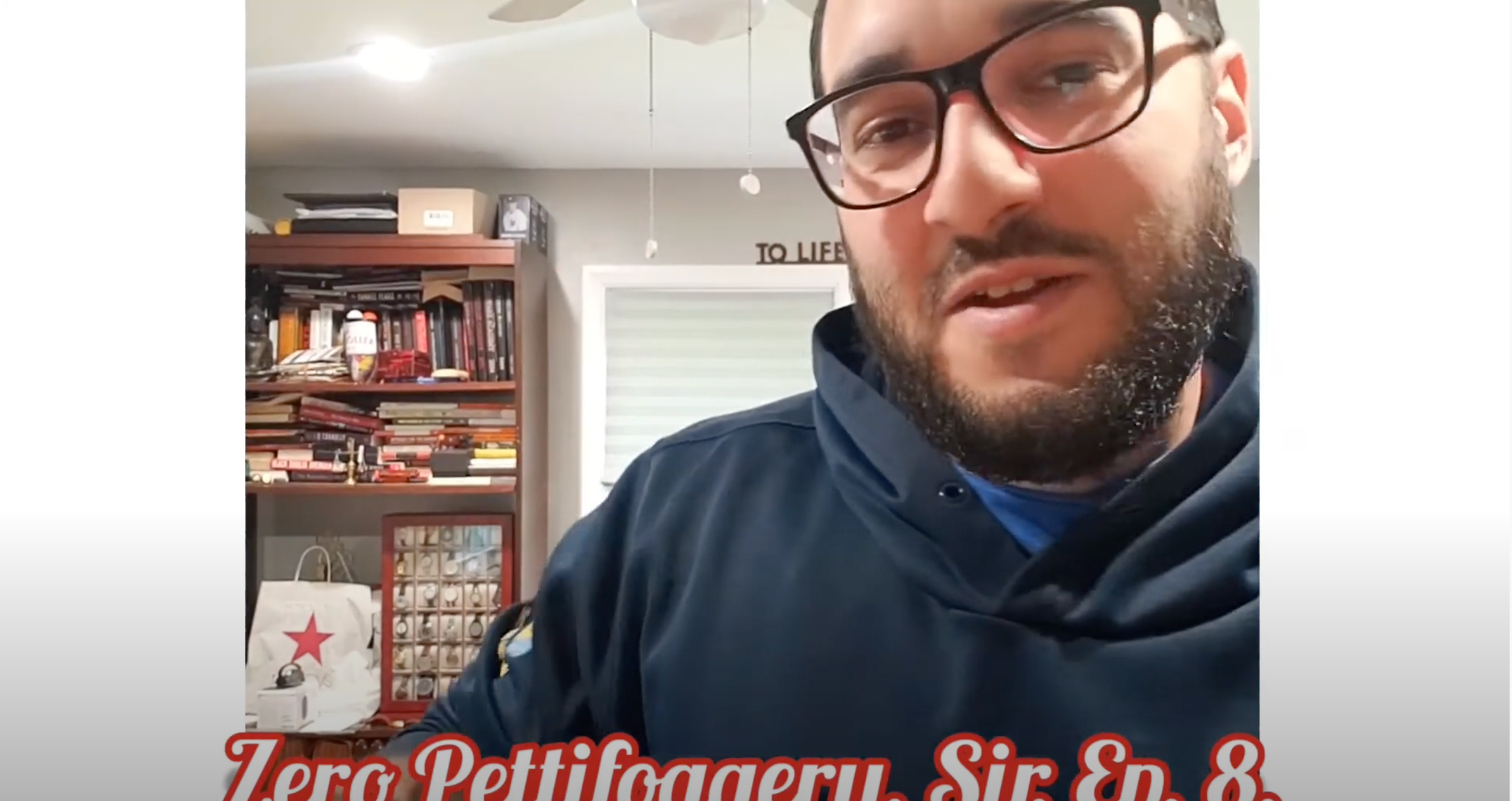deraneyesq — 7 years ago
July 16th, 2018 – A Commentary on the Bail Reform Act
A few years back I joined a newsletter for The Marshall Project. The Marshall Project, as is provided on their website, is a nonpartisan, nonprofit news organization that seeks to create and sustain a sense of national urgency about the U.S. criminal justice system. In short, The Marshall Project attempts to do this by educating and enlarging the audience of people who care about the state of criminal justice. On a daily basis, I receive a newsletter from them and this most recent one caught my eye.
The newsletter, dated July 16th, 2018, was entitled, “A lucrative business in our poorest state.” The full article, diving into the Mississippi Bail System was written by Joseph C. Neff and is available on their website here. So where am I going with this? I did not write this commentary to discuss the State of Mississippi, however, I did write this commentary to draw parallels to the State of New Jersey and it’s often criticized and controversial Bail Reform Act implemented in January of 2018.
In the article by Neff, he speaks upon how private companies profit from the criminal justice system. In the State of Mississippi, the Commissioner of Insurance Mike Chaney was urging legislators to create a registry recording the details of every bail bond written in the state in an effort to shed light on a small area of the profit. What resulted was the discovery that, Brian Corbet, Mississippi’s “biggest bail agent”collected over $2.6M in fees for an 18 Month Period to which he grossed personally $1.3M. It is estimated that almost half of the $1.3M came from misdemeanors like traffic offenses, shoplifting, or alcohol related charges.
While digging a little deeper in a state that has been considered the “friendliest” in the nation to the bail industry, Neff discovered movement by a local law professor, an obscure rule making committee, and Mr. Chaney to make it easier for people charged with misdemeanors to leave jail without securing a bond.
The article approaches this issue that New Jersey is seemingly on the forefront of resolving. Though the Bail Reform Act has taken its share of criticism in its first year, including a few major public events involving violent offenders who are released to simply re-offend shortly after at higher costs, as a whole the ideal and concept is something to be proud of.
During my time working as a “Pool Attorney,” or “Conflict of Interest,” Attorney for the Public Defender’s Office, it is abundantly clear that those who face the criminal justice system most often are those without the means to fight it. Typical clients fill out a “5A Form,” to certify their financial inability to pay for an attorney and they are referred to the overworked, underpaid, but very talented staff at your county public defender’s office. When the issues come up regarding pre-trial release, some have preferred the cozy confines of a detention center or jail vs. home. But for the majority, the decision to detain on a cash bail is the starting point for criminal defendants being in a financial hole.
That financial hole and downward spiral looks something like this:
(1.) Live in an impoverished township where crime and desperation is a way of life,
(2.) Work in minimum wage careers or be provided welfare from the State,
(3.) Sometimes commit minor crimes to get by,
(4.) Get arrested for those crimes,
(5.) Unable to afford legal fees,
(6.) Unable to pay bail so detained,
(7.) Unable to work or collect welfare,
(8.) Lose housing, cars, and jobs because of being detained,
(9.) Resolve cases via plea agreement including court costs and fines attached to the crimes or dismissed,
(10.) Release from confinement to get back on feet,
(11.) Being “RE”-Confined inevitable because of inability to repay fines and/or costs,
(12.) Criminal record makes it difficult to find work,
(13.) Commit crimes to get by,
(14.) I think you get the point.
Being involved in a city, with cases, or with clients of this sort, you hope that the Bail Reform Act stays in place, refines itself to prevent the major headlines and danger to the public, and begins to prevent financial confinement on minor crimes for those who cannot afford it. I suppose we shall see.






